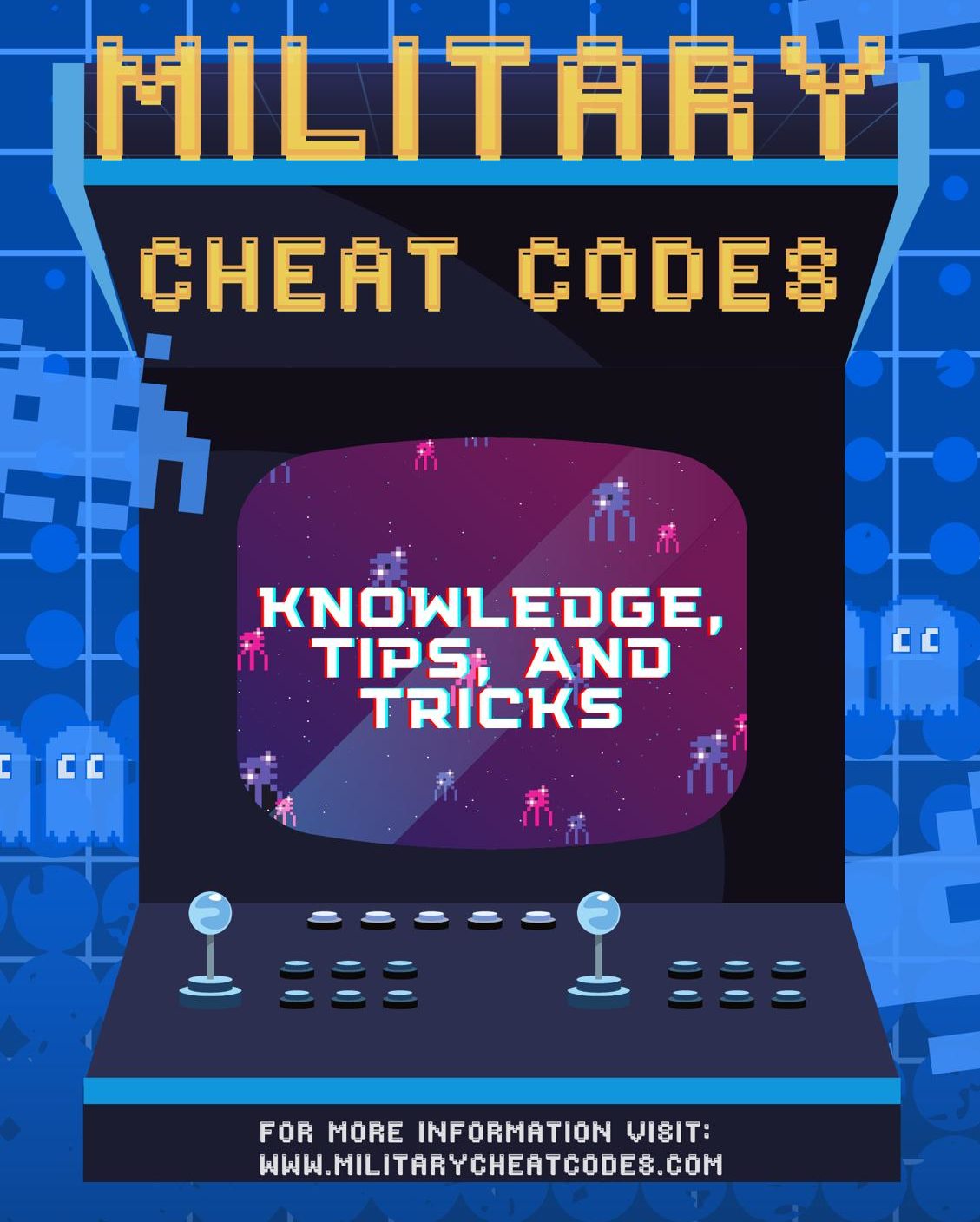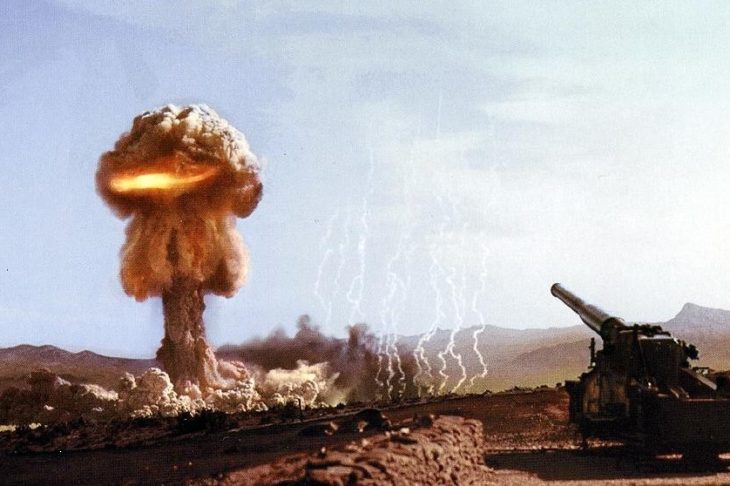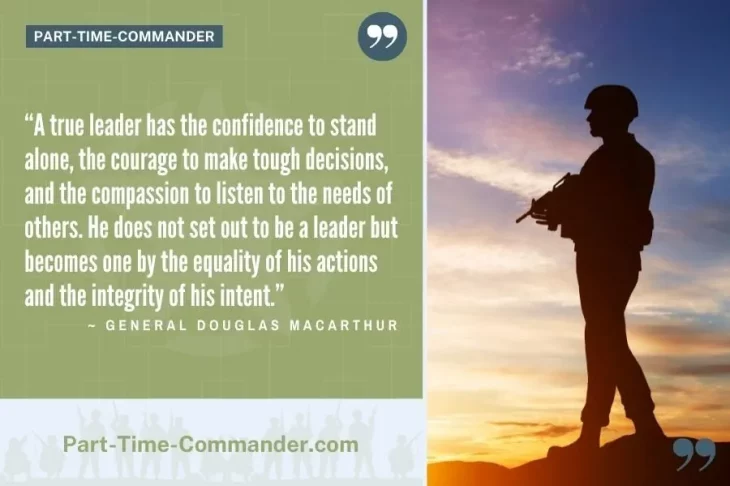For Everyone’s Sake, Don’t Be an Armchair General
“Agility, iteration of planning and transformational thinking are all key to avoiding the fate of the armchair general.” –Sue Unerman Don’t be an Armchair General
Philosophers, journalists, and revolutionaries throughout time have always commented on or shifted public opinion regarding military actions and operations. Because of the political, economic, and strategic impacts military operations have on the society, these groups function as a bulwark against actual and perceived military failures. National strength and pride underpin their actions ensuring the right actions are taken to keep insecurities hidden in the societal zeitgeist and instead highlight the message they want to convey to others.
As information has become more mobile as more and more people share their assessments, there has been an exponential increase in the number of opinions for people to digest. Examine down through world history and one will identify one constant from these commentators: “I could have done it better.”
Armchair generals. Similar to that of “armchair quarterbacks,” these individuals have varying levels of military or security experience (or perhaps none) and they remind everyone they have the necessary experience to make the appropriate decisions.
Political commentators, from both sides of the political spectrum, are usually the first pickets one discovers in these discussions. Headlines and money motivate these professionals to opine in ways that stir these aforementioned national emotions of the readers, watchers, and listeners to rise against the actions damaging national pride. Best part is most of these blowhards have no clue about using the levers of power (diplomacy, information, military, economic) in such a way that is coherent.
Possibly worse than commentators are those armchair generals who have some or limited experience in diplomacy or military service and therefore they ascertain solutions with 100% certainty. It be that one uncle who served three years in the Navy as a jet mechanic and then was medically discharged. It may be your sister who has a political science degree but barely made the time to go to class.
The worst armchair generals though are people who have experience, but do not fully understand the situation. They have gained moderate experience and have gained knowledge that allows them to explain context or inner workings, but not to a level that could explain how events interconnect. Experience is the great eliminator; probably the most dangerous, these people have credentials that present the person as an arbitrator of truth, but their dialogue creates a false sense of security to the listener.
Being a member of the military, your friends and family will come to you for questions regarding the stories from around the world. A military uniform apparently serves as a license to share your assessments regarding world events and signals to those around you that you may have a piece of the answer to the world problems. Most front line civilian interaction is with enlisted and junior officers who are their neighbors, members in a shared organization, or family members who have established trust with one another.
People ask questions about world affairs because they wonder if the actions around the world will impact their daily lives. You should continue to keep that trust with those that trust you. What you say during conversations can make you no greater than the armchair generals on any media outlet.
Limitations. You must understand that you are not an expert. In fact international relations, unless explicitly written or expressed from the parties involved, is speculation and postulation. The fabric of international relations is held together with assumptions and ideas that most people do not nor will understand the complexity. Sometimes the best thing to do is to not say anything that all, because things are much more complex than what they seem from the outside.
Socrates said it best, “The only true wisdom is in knowing you know nothing.”
The Chinese Surveillance Balloon has been a great example of the Armchair Generals pushing for a battlefield commission.
“The only true wisdom is in knowing you know nothing.” — Socrates
In the previous week, there have been multiple people from the three categories blasting their “professional” opinions to anyone who would listen. Below are some of the results from a quick search and you can see just from these few examples, how many opinions are out there. Some of these are so cringeworthy:
https://www.washingtonpost.com/opinions/2023/02/03/chinese-balloon-u2-crisis-soviet-union/
https://www.wral.com/20704864/
Where do we begin with discussions here?
There are so many more random videos one can find on YouTube related to the topic. If you want to find someone who agrees with you or someone you can inform them of your opinion, they are out there. Everyone is an expert these days given the flow of “information” that is available to people; yet, there is a difference between wisdom and knowledge. There are so many little factors related to the Chinese balloon that it is extremely easy to sit back and make generalized statements of action.
“Shoot it down. National security.” “Don’t shoot it down, this will provoke the Chinese.”
We receive information through bullet points or at best two dimensional understanding. When discussing strategic studies and international relations, one must understand the cultural and geopolitical impacts of the facets of diplomatic, information, military, and economic power. These relationships are so complex that even the wisest people who have significant experience in the arena discuss these actions in a larger context.
One thing you must understand is that the people who make these decisions and those who contemplate what should be done may have a lot of experience, but they are human as well. Military and diplomatic leaders (and those in the international relations world) are very conservative when it comes to making decisions. Policies change, but rarely do they change drastically. Decisions tend to be made quickly if there is precedence, but when there is an unprecedented events, the decisions will come after much contemplation.
The overall goal in situations similar to this is to find an “offramp” that allows the participants to disengage will saving face. If there are none of these opportunities presented, then both parties will try to meet their strategic priorities while not escalating the situation further. Decisions are made where there is almost no maneuver space and the results are stark.
Decisions are not made in a vacuum.
If China put a balloon over our airspace, perhaps the question that should be asked is… what are we doing that is causing them to do this? What has caused this reaction and have they done this in the past? Perhaps putting these balloons over CONUS were in reaction to something that we have been doing that has not made it out into the media. We may have been doing that unknown activity because of something else China had been doing.
Now that the balloon has been shot down (with both sides complaining), the experts are pondering what will happen next or what the larger impacts of the U.S.-Chinese relationship. A problem with international relations is you can not rely on strategic decisions to shift the situation; instead, it tends to be tactical situations like balloons that impact the larger dialogue.
Remind you, this author is NOT an expert and he has a Masters in International Relations and Strategic Studies from King’s College London. The author is wise enough to know that during all the times his coworkers or friends requested my opinion on the Chinese balloon, his answer was a description of everything mentioned in aforementioned paragraphs.

Pred
For 18.5 years, the United States Air Force has had the true pleasure and honor of his service. Two career fields, several different experiences, and 10 years stationed at Minot Air Force Base, North Dakota, he has done his deed for God and Country.


